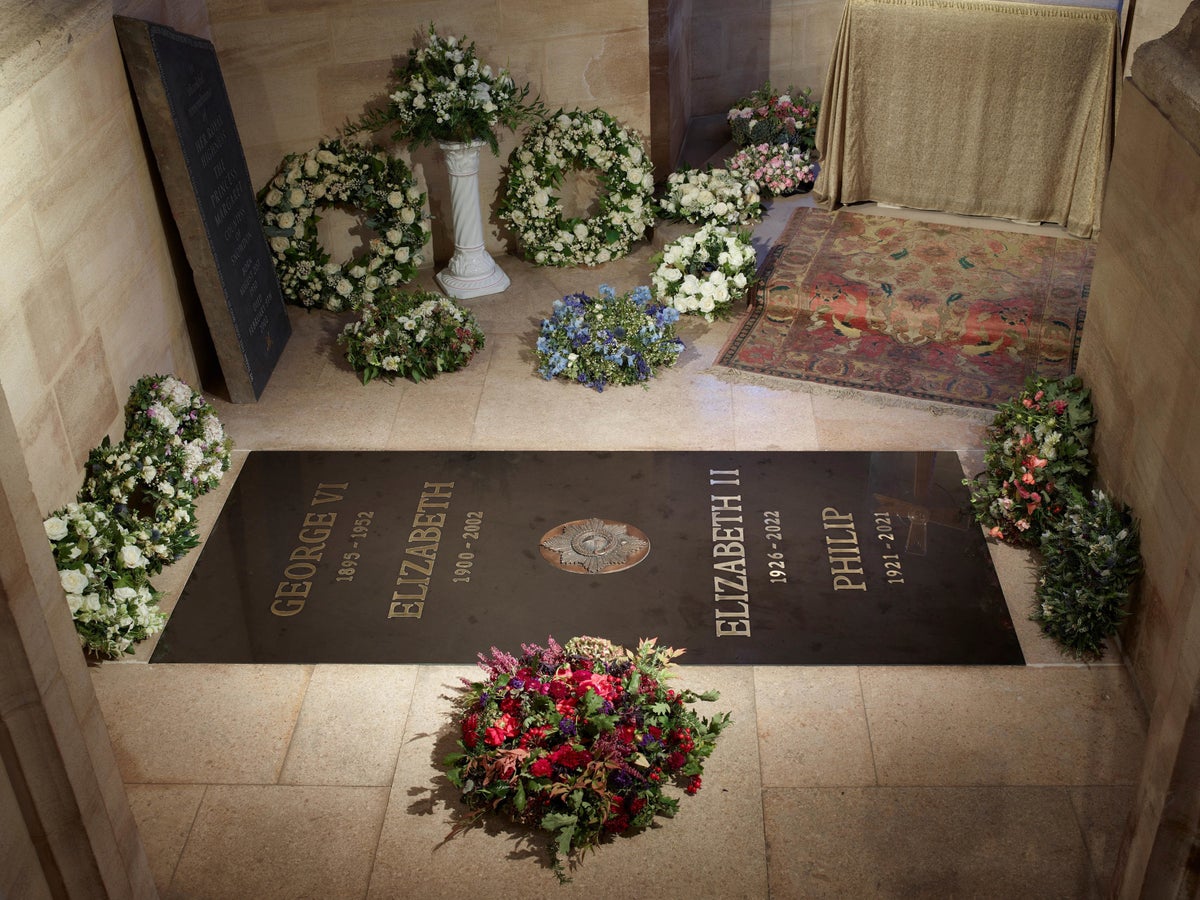
Windsor Castle will reopen to visitors on Thursday (29 September) for the first time since Queen Elizabeth II’s death.
The castle has been closed to the public since 9 September, when the death of the monarch was announced.
Members of the public will now be able to visit the Queen’s final resting place in the George VI Memorial Chapel inside St George’s Chapel.
Here visitors will be able to view a ledger stone, a hand-carved Belgian black marble slab, inscribed with her name.
A notice on the Royal Collection Trust’s (RCT) website states that the Platinum Jubilee display will not be reopened.
Tickets to Windsor Castle include entrance to St George’s Chapel, and start at £26.50 for adults, and £14.50 for children. The RCT has advised members of the public to pre-book their tickets online as it expects a large influx of visitors.
Visitors are being warned that they will not be permitted to bring flowers into Windsor Castle and that these should be left at the Cambridge Gate, at the Castle end of the Long Walk.
The Queen was laid to rest together with the Duke of Edinburgh in a private ceremony attended by King Charles III and other members of the royal family, following a state funeral service at Westminster Abbey in London.
The royal family resumed official duties this week, with the Prince and Princess of Wales visiting the nation for the first time since they were given their new titles.
During the visit, Kate and William met with members of the public at St Thomas, a re-developed church in Swansea that supports people in the local area.
Steven Bunting, a reverend at the church, revealed that William has started to learn some phrases in Welsh.
“They’ve blown us away by speaking to every person young and old, it shows how wholly committed they are to their role as Prince and Princess of Wales,” Bunting said of the royal couple.
“The Prince of Wales was even talking about learning Welsh, and said he’d learned the word ‘paned’ meaning cup of tea and ‘bara brith’ [Welsh tea bread]. I think he’s taking being Prince of Wales very, very seriously.”







